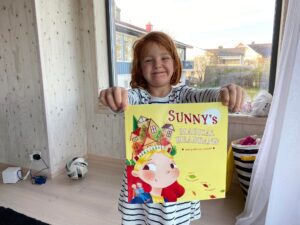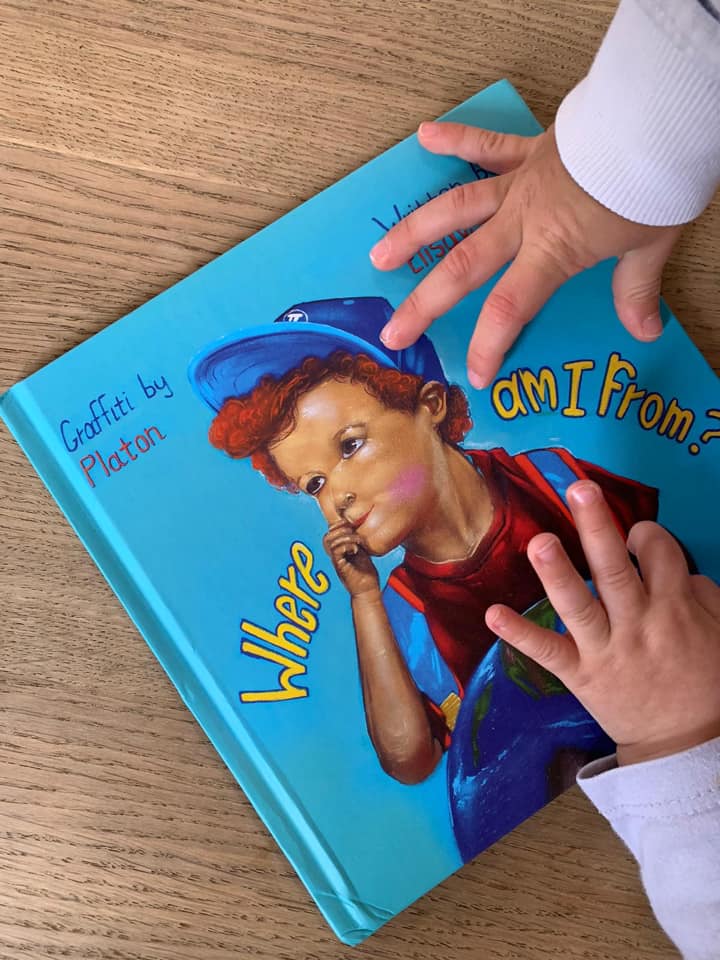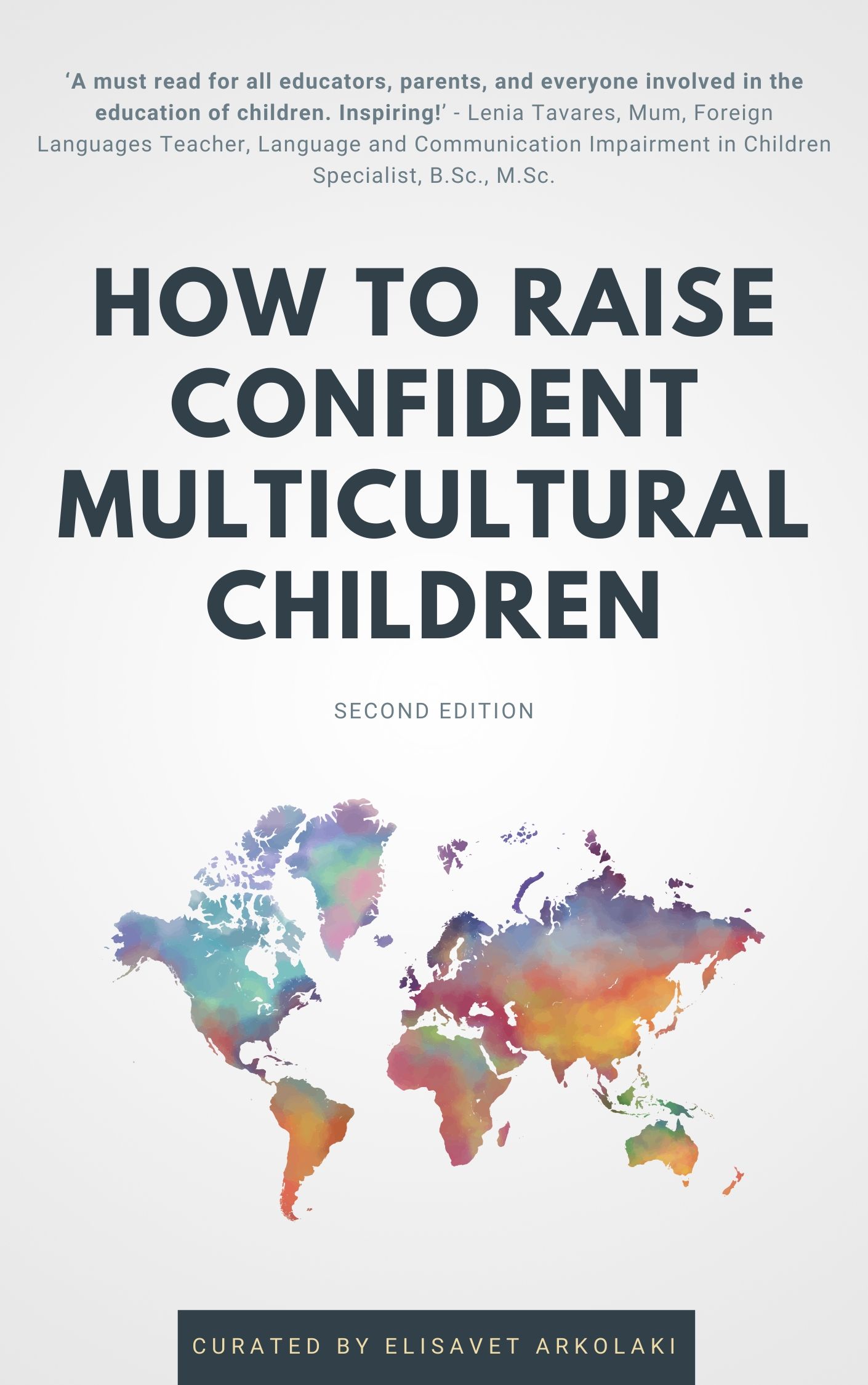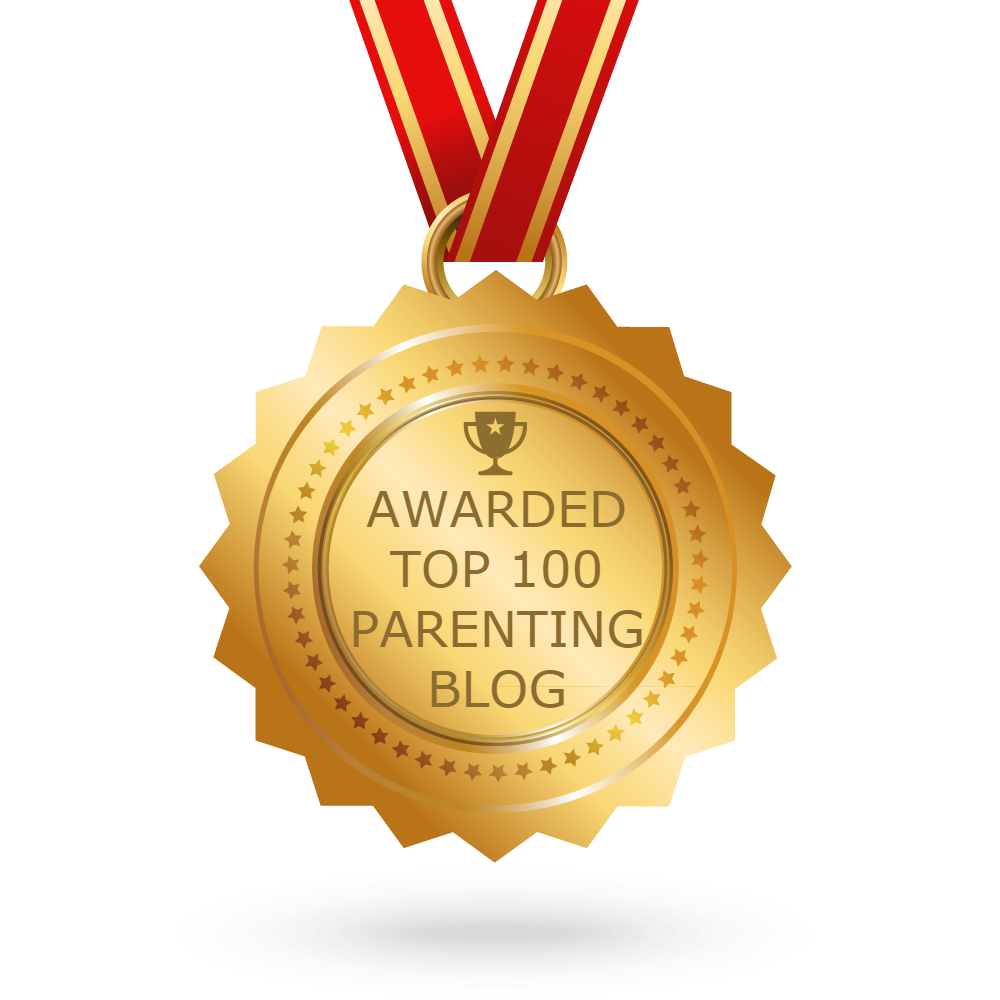Interview with Rita Rosenback from Multilingual Parenting
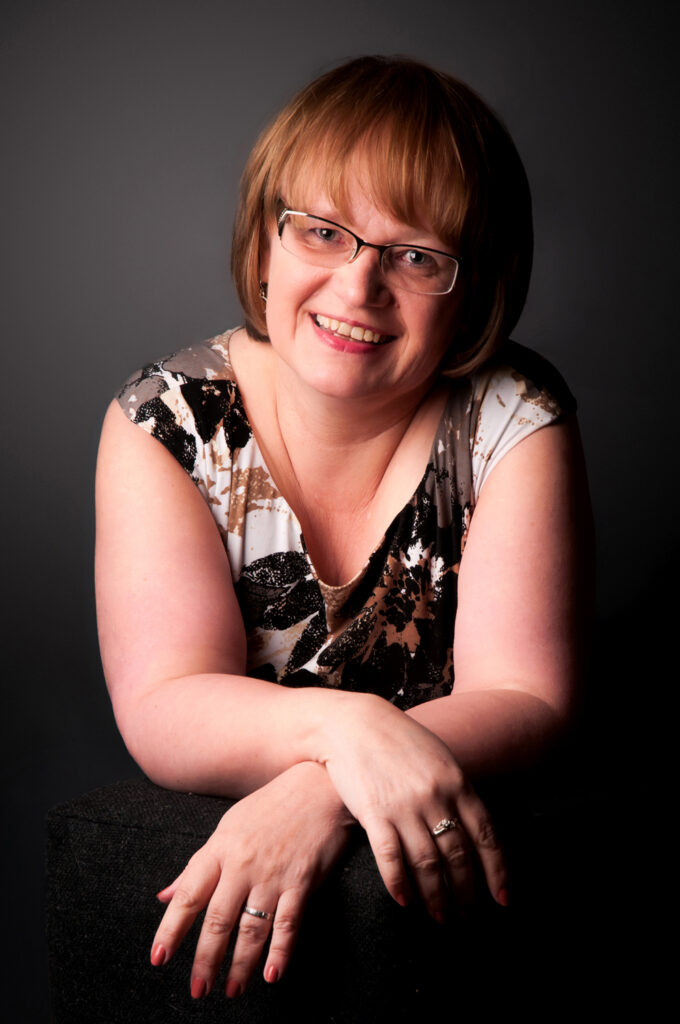
Today I’d like to introduce you to Rita Rosenback whom I had the pleasure of meeting online a couple of years back while I was looking for experts to contribute to the guidebook “How to Raise Confident Multicultural Children”.
Rita grew up in a bilingual household with a Finnish-speaking mother and a Swedish-speaking father in a tiny village in the Finnish countryside, and later on, she raised her own daughters to speak the family languages; Finnish, Swedish, Punjabi, and English. Now she’s actively participating in her grandchildren’s multilingual upbringing.
Languages have always been a great passion of hers and after studying German, Swedish, and Finnish in both Finland and Germany, she worked as a language teacher, interpreter, translator, and as a manager of multinational teams. Now she’s a full-time writer, speaker, trainer, and coach. Rita is the founder of a website you’re most probably familiar with, multilingualparenting.com (FB group Multilingual Parenting), and author of the book “Bringing up a Bilingual Child”.
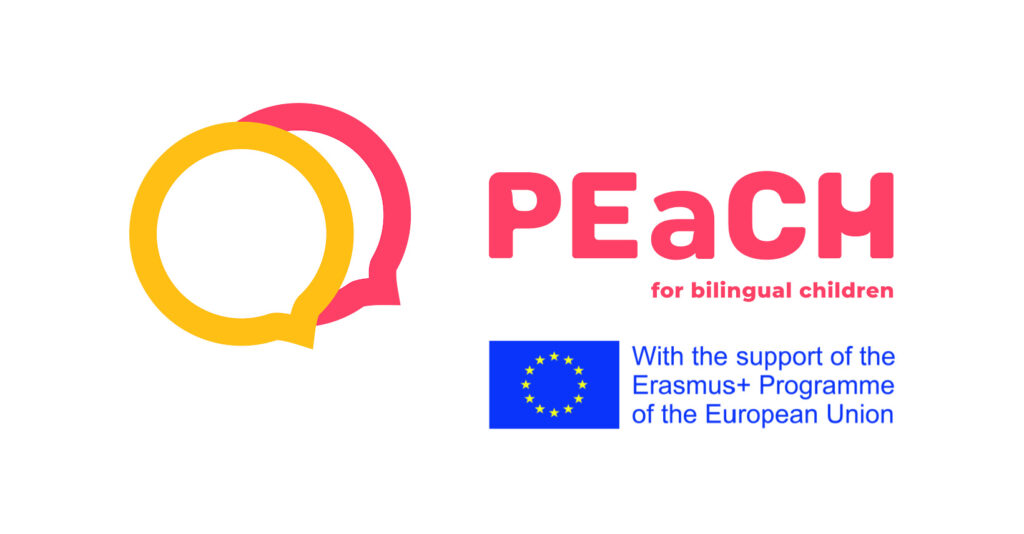
You’ve also probably heard by now about PEaCH, the project that supports European families raising bilingual and multilingual children, which Rita is actively involved in. PEaCH stands for “Preserving and promoting Europe’s cultural and linguistic heritage through the empowerment of bilingual children and families”, and its mission is to offer guidance for parents and educators on how to support, maintain and develop a child’s home language(s). PEaCH also wants to raise educators’ awareness of the benefits of bilingualism and home languages.
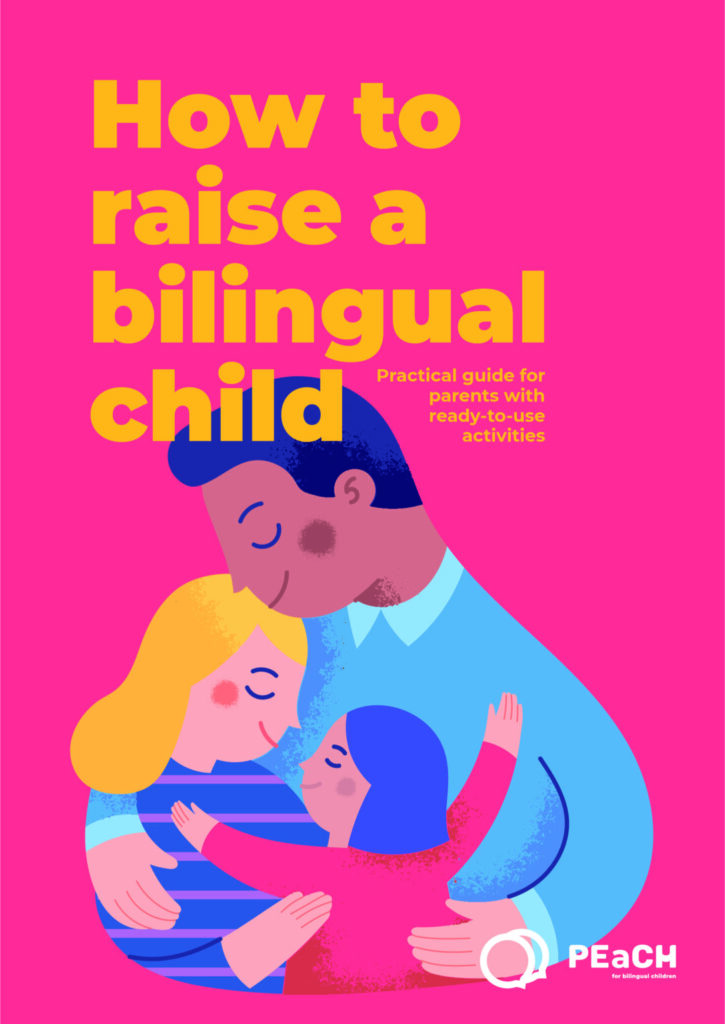
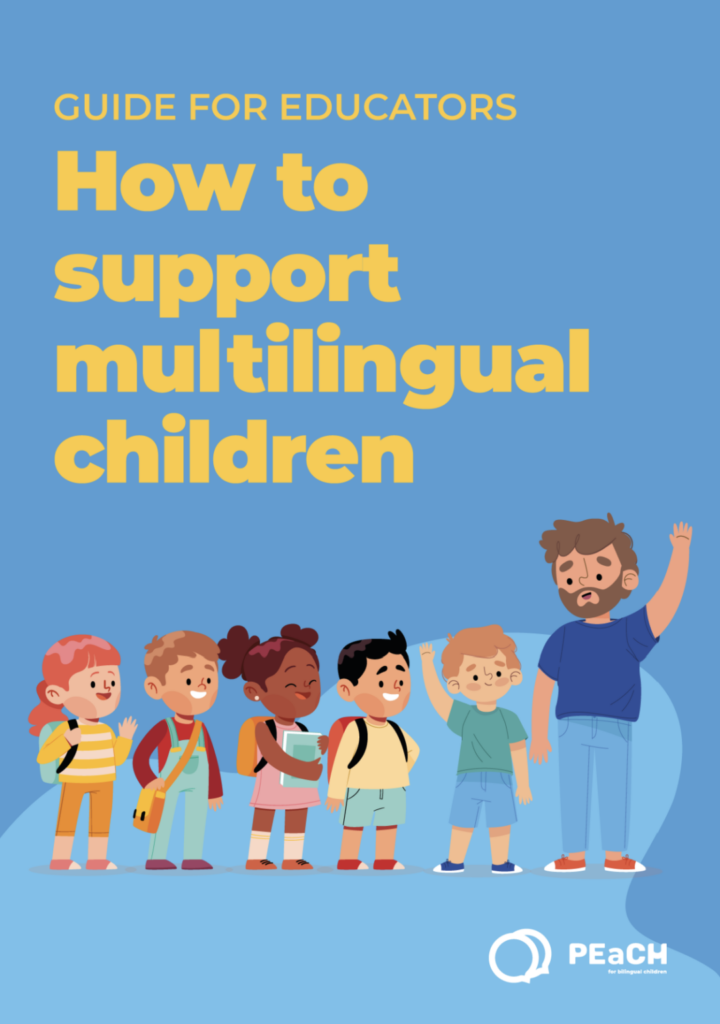
Multilingual Parenting (Rita’s company) is one of three partners in this Erasmus+ funded project, and the other two are Ghent University and PMF Research. Prominent researchers and experts have contributed to the free-to-download guidebooks (including Dr. Ute Limacher-Riebold and Ana Elisa Miranda who I’ve interviewed in the past), and there’s a strong network of volunteer ambassadors, consisting of educators and other professionals supporting bilingual and multilingual families, to help spread the positive message about bilingualism.
Let’s get to know Rita better :).
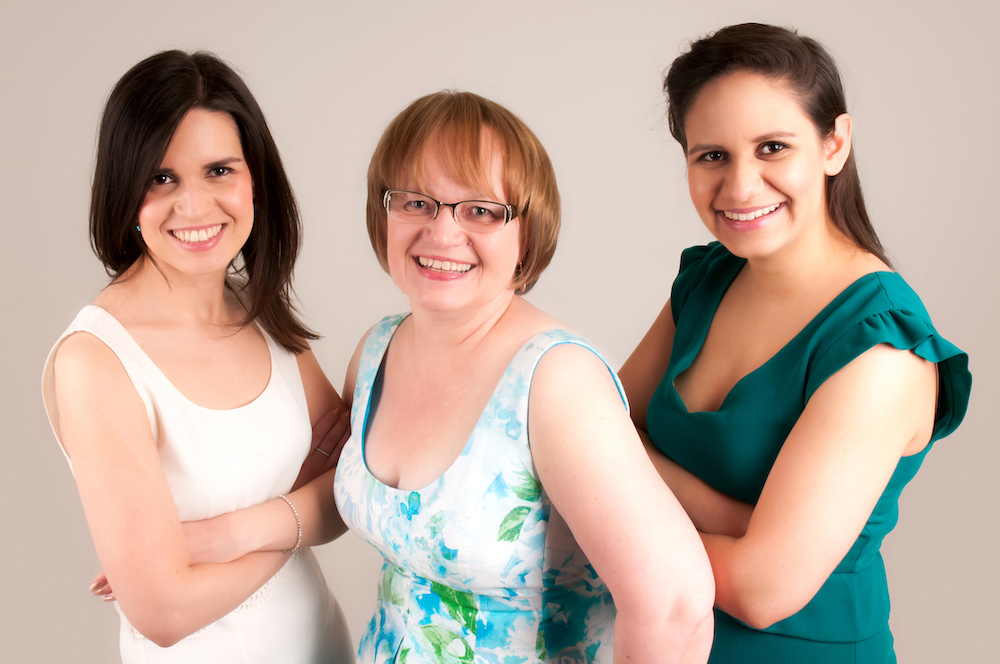
How would you describe yourself in 10 words?
Passionate about children and languages, writer, speaker, entrepreneur, mother, grandmother.
Which languages do you speak? Tell us a bit about your background growing up bilingual.
Growing up, I spoke Finnish with my mother and an old Finland-Swedish dialect with my father and grandmother. The dialect is very different from your standard Swedish which I learnt at school. I still speak the dialect with relatives and friends when I return to our house in Finland – if I were to switch to standard Swedish it would raise eyebrows. I have picked up English along the way and studied German as my main subject at university. I can barter in Punjabi and get along in a few other languages.
How is it to raise bilingual children today compared to when your daughters were children and when you were a kid?
Today parents have access to much more knowledge about the process of raising a child to speak more than one language, and most importantly, they have access to so many more resources, especially online, but physical books are also easier to order across the globe.
What makes you feel so passionate about bilingualism and home languages that you dedicated your whole career to this cause?
When I noticed that my daughters grew up learning to speak their father’s language, Punjabi, although we had hardly any additional resources or speakers, it occurred to me that we must have done something right and I started to read more literature and research papers about the language development of bilingual children. While I had studied linguistics at university, there had not been any focus on how children learn their languages.
It is worth pointing out that my daughters never got the “one third of their waking time exposure to Punjabi” which is touted as the requirement for a child to learn a language. That is a good goal to have, but there is no research to support the “one third of the waking time” statement. I decided to write an easy-to read, practical guide for parents with examples from our own family, so that is how “Bringing up a bilingual child” was born.
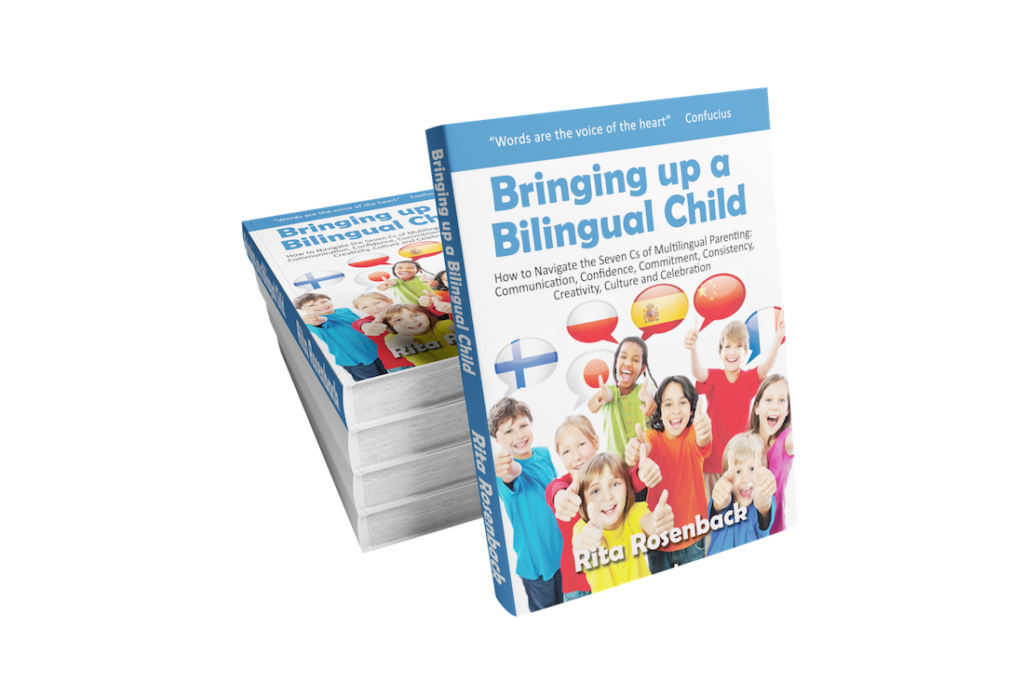
My passion has only grown since then and I now have a website with 100s of Q&As and articles, a Facebook group with more than 10 000 members, and another book, a fictional “Diary of a Bilingual Mother” on the way. I am also collaborating with others on sharing information about the topic – in addition to the PEaCH Project, there is also the Raising Multilinguals Live broadcast series which I run together with Ute Limacher-Riebold of http://www.utesinternationallounge.com/ and Tetsu Yung of https://www.youtube.com/user/asktetsu
How did you get involved in the PEaCH project, and what is your role in it?
I was asked to participate in the 2-year PEaCH project by the two other partners as they were looking for someone with expertise and experience on the topic of raising bilingual children. Together with others, I have co-written both the parents’ guide “How to raise a bilingual child” and the newly released educators’ guide “How to support multilingual children”. I oversee the online language collection, which is growing by the day, and am also running our wonderful group of 100+ PEaCH Ambassadors volunteering across Europe and the world. Thank you for being one of them, Elisavet!
You’ve mentioned that this is a 2-year long Erasmus+ funded project. What will happen to the project when the funding ends?
The project will continue, i.e. the free materials (guides, videos, language resources) will continue to be available on the website. With the generous support of fellow linguists and language lovers, there will be further translations of the guides and the PEaCH Ambassador Network will continue to run. Until we find a more permanent solution, my Finnish company, Multilingual Parenting Ab, will keep the project running.
How can parents and educators help to further support PEaCH and spread the word?
The best way is to share our materials which can all be found on the website, www.bilingualfamily.eu. There will also soon be a call for more PEaCH Ambassadors, so anyone who wants to get more involved should put in an application.
Tell us about your proudest achievement.
Just like I would never choose a favourite child, grandchild, or even language, I can’t pick one achievement. Rather I am proud of the progress I have made since I stepped out of the corporate world and decided to focus on helping others raise bilingual and multilingual children. Initially, I did it all on my own, but I have come to the realisation that real strength lies in collaborating with others who share my passion.
What was your greatest failure and what did you learn from that?
I don’t use the word “failure” and I don’t think anyone should – there are learning opportunities. We all make the best possible decisions based on the knowledge, time, and energy we have available at that point – independent of the outcome, how could you call it a “failure” when someone does as best as they can? There is also no point in saying “If I could go back, I would do it differently” because you wouldn’t – unless you could miraculously change the circumstances, you would make the same decision again, the best one you can. My biggest learning has probably been what I mentioned above, working together is a lot better than trying to do it all on your own.
Who do you admire the most and why?
Again, I cannot pick one person. My respect goes to those who overcome personal challenges and come out with greater knowledge about themselves and understanding for others. In the present time, I do admire parents – especially mothers – who have steered through lock-down, homeschooling, entertaining children who cannot see their friends, staying put and not meeting up with friends and not having others to help.
What is your vision? Where do you see yourself in 5, 10 years from now?
I will transition to teaching others what I do and focus even more on collaborations and network building. In ten years’ time, I will hopefully spend most of my time either writing, with my family, hiking in the Scottish mountains, or enjoying the Finnish countryside.
Share with us the funniest thing that has happened to you recently.
We have just moved to a cottage in Scotland with a garden sloping steeply down to the river. It’s fortunate that I love gardening as it had been neglected for most of the summer! While weeding, I overfilled the wheelbarrow which I then tried to push up the hill. The big weeds got stuck in a shrub, the wheelbarrow tipped over, and I found myself tumbling down the slope in the long grass. Luckily it was a soft landing, and I didn’t end up in the water! I sat there laughing at myself for a good while.
Contact details:
Email: rita.rosenback@multilingualparenting.com
Website: https://multilingualparenting.com/
FB page: https://www.facebook.com/multilingual.parenting
FB group: https://www.facebook.com/groups/multilingualparenting
Twitter: https://twitter.com/RitaRosenback
LinkedIn: https://www.linkedin.com/in/ritarosenback/
For PEaCH:
Email: https://bilingualfamily.eu/contact-us/
Website: https://bilingualfamily.eu/
FB page: https://www.facebook.com/peacheuproject
Instagram: https://www.instagram.com/bilingualfamilies/
Category: Interviews










